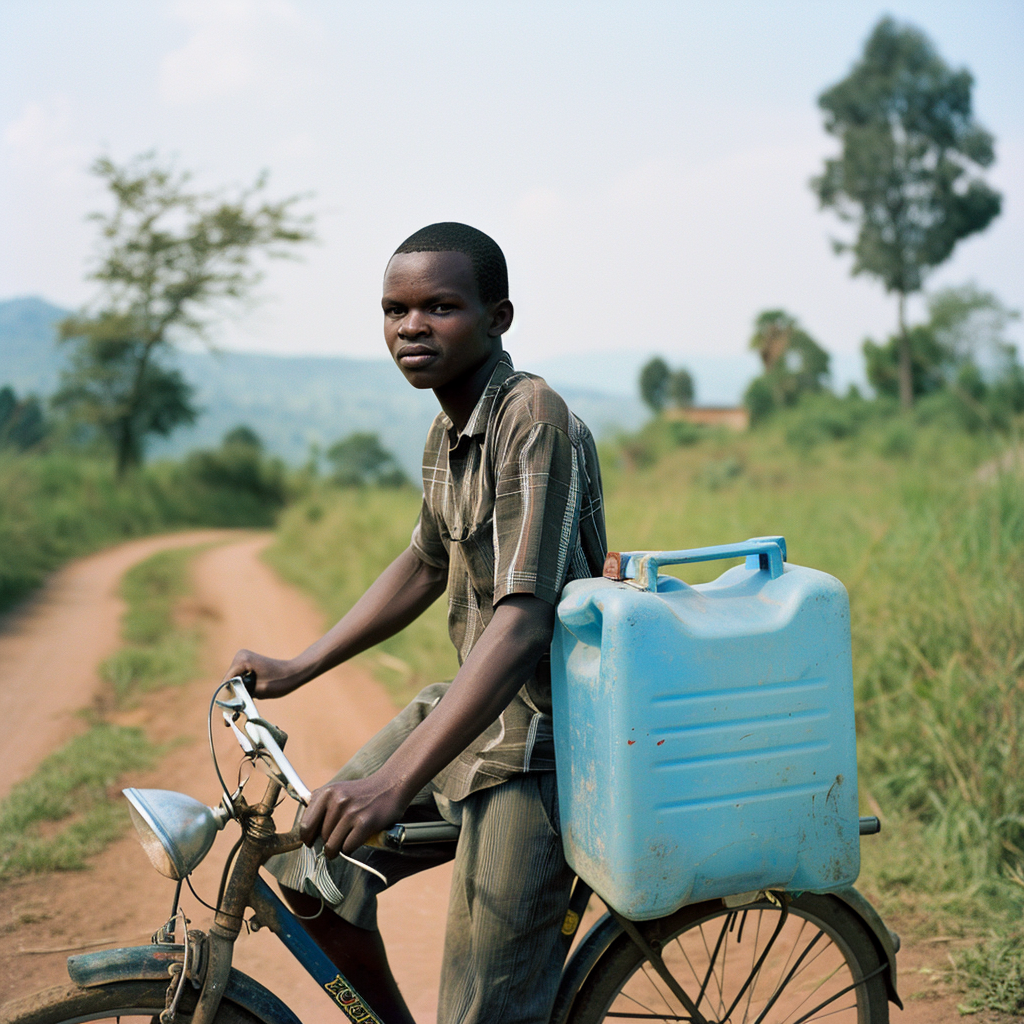The Rise of Cholera: A Clear and Present Danger
In the first few weeks of January 2024, Zambia has continued grappling with a surge of cholera, an infectious disease that has historically posed significant health risks worldwide. This blog post aims to shed light on cholera, its predisposing factors, the current situation in Zambia, likely outcomes of this crisis, and future preventive measures. Moreover, we will conclude with a practical checklist for individuals to protect themselves against this formidable disease.
Predisposing Factors of Cholera
Cholera is typically caused by the bacterium Vibrio cholerae.
Several factors contribute to cholera outbreaks:
- Water Supply Contamination: The primary mode of transmission is through contaminated water sources. Poor sanitation and inadequate water treatment facilities significantly increase the risk.
- Hygienic Practices: Inadequate personal and food hygiene practices can facilitate the spread of cholera.
- Overcrowded Living Conditions: High population density, particularly in urban slums or refugee camps, can exacerbate the spread.
- Climate Factors: Regions with heavy rainfall or floods are more susceptible, as these conditions can contaminate water sources and disrupt clean water supply.
Signs And Symptoms of Cholera
The disease’s hallmark is severe diarrhea and dehydration, often leading to critical health complications if not treated promptly.
Passing more than three loose, watery stools in a day can quickly lead to loss of water and minerals from the body. Insufficient body water reduces the blood volume. A critical drop in the blood supply to the kidneys can lead to kidney failure, and inability to filter unwanted substances from the blood.
Loss of the fine balance of salts and liquids in the body can quickly lead to low blood sugar, especially in children. Other side effects include irregular heart beats, muscle cramps and even seizures.
The immune system is also weakened and can lead to other infections setting in.
Cholera can kill if not quickly treated.
The Current Situation in Zambia
The International Federation of Red Cross and Red Crescent Societies (I.F.R.C.) reported a cholera outbreak in Zambia, first reported in October 2023, which saw a dramatic increase in transmission since mid-December. The country recorded more than 7,000 cases and 270 deaths, with over 500 new cases daily
The cholera outbreak in Zambia has escalated rapidly, predominantly affecting densely populated areas, including the capital, Lusaka. The health infrastructure is under immense pressure as they work tirelessly to manage the increasing number of cases. Reports indicate that the contamination of local water sources, coupled with inadequate public health measures, has fueled this outbreak.
Likely Outcomes of the Current Crisis
Without immediate and effective intervention, the cholera outbreak in Zambia could lead to:
- Increased Mortality: Cholera can be deadly, especially for children, the elderly, and those with compromised immune systems.
- Widespread Infection: The disease could spread to neighboring regions if not contained.
- Economic Strain: A prolonged outbreak could strain Zambia’s healthcare system and impact its economy, particularly in affected communities.
Future Preventive Measures
To prevent future outbreaks, the following measures are crucial:
- Improved Water and Sanitation: Upgrading water treatment facilities and ensuring access to clean water is fundamental.
- Public Health Education: Educating communities about personal hygiene and safe food practices.
- Infrastructure Development: Enhancing sewage and waste management systems. Councils will need to discourage building of shanty compounds in low lying areas near water bodies. Shallow wells and pit latrines pose a risk of water contamination. Climate change predisposes these areas to flooding, further increasing the likelihood of this happening.
- Vaccination Campaigns: Implementing cholera vaccination drives, especially in vulnerable areas.
Practical Checklist for Individual Protection
- Boil or Treat Water: Ensure all drinking water is boiled or treated with a certified purification method, such as adding Chlorine to drinking water.
- Practice Good Hygiene: Regular hand washing with soap, especially before meals and after using the toilet.
- Safe Food Practices: Cook food thoroughly, avoid raw fruits and vegetables unless they can be peeled, and ensure food is covered to prevent contamination.
- Avoid Contaminated Areas: Stay away from known contaminated water sources or areas with active cholera cases.
- Avoid Crowded Areas: Large gatherings, such as weddings and funerals, pose an increased risk of person to person transmission through contaminated hands and items.
- Seek Immediate Medical Attention: If symptoms of cholera (severe diarrhea, dehydration) appear, seek medical care without delay.
- Stay Informed: Keep up-to-date with local health advisories and vaccination campaigns. Find out where your nearest Cholera Treatment Center is.
In Conclusion
The cholera outbreak in Zambia is a stark reminder of the importance of public health vigilance. Combating cholera requires a concerted effort from governments, health organizations, and individuals. By understanding the predisposing factors, remaining aware of the current situation, and taking proactive measures, we can mitigate the impacts of such outbreaks and safeguard our communities. It’s crucial for every individual to be part of the solution by adhering to the provided checklist and contributing to creating a healthier environment for all.
In the face of this ongoing crisis, let us remember that prevention is always better than cure. Collective action and awareness are our strongest weapons against cholera. Stay safe, stay informed, and let’s work together towards a cholera-free future.
Remember, your actions can make a difference in controlling the spread of cholera and protecting the health of your community. Stay vigilant and proactive in your health practices!


